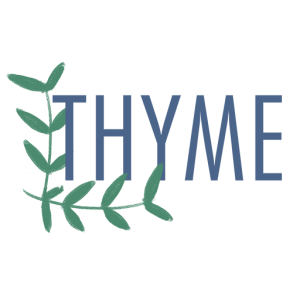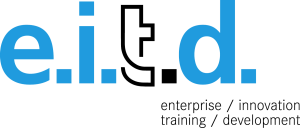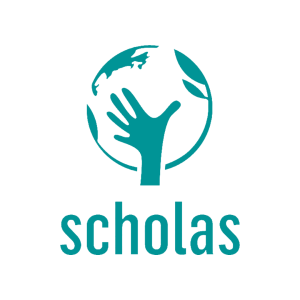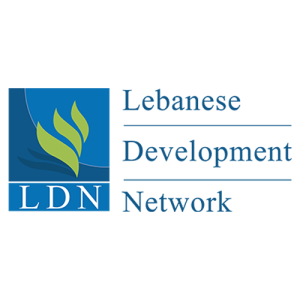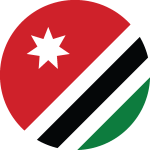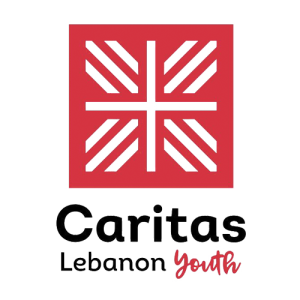Thyme Project

The Project
The project “Transferring (Feet) Head Heart Hands Youth Methodology to (Middle) East” (THYME) is focusing on global citizenship and its education, democracy, and sustainable development. That goes in line also with European Youth Goals. THYME aims at developing the awareness of youth as global citizens, and enabling them to explore how can they influence a local community to be more sustainable. Their local community will be their point of departure to explore can it be smarter and more sustainable.
Therefore, THYME is planning to transfer “(Feet) Head Heart Hands” proven Youth Methodology to the Arab area through a series of activities. First the European partners (from Italy and Spain) will host trainers from partner countries to train them on how to use the methodology, in a job shadowing model. After that, the European youth workers will go to the partner countries (Lebanon, Jordan) and apply the methodology (different workshops) with youngster form the partner countries, training other youth workers alongside the process. And the end, the European partners will host the youth (who participated in the activities in the Arab area) to make them work with youth from Europe, in a youth mobility model.
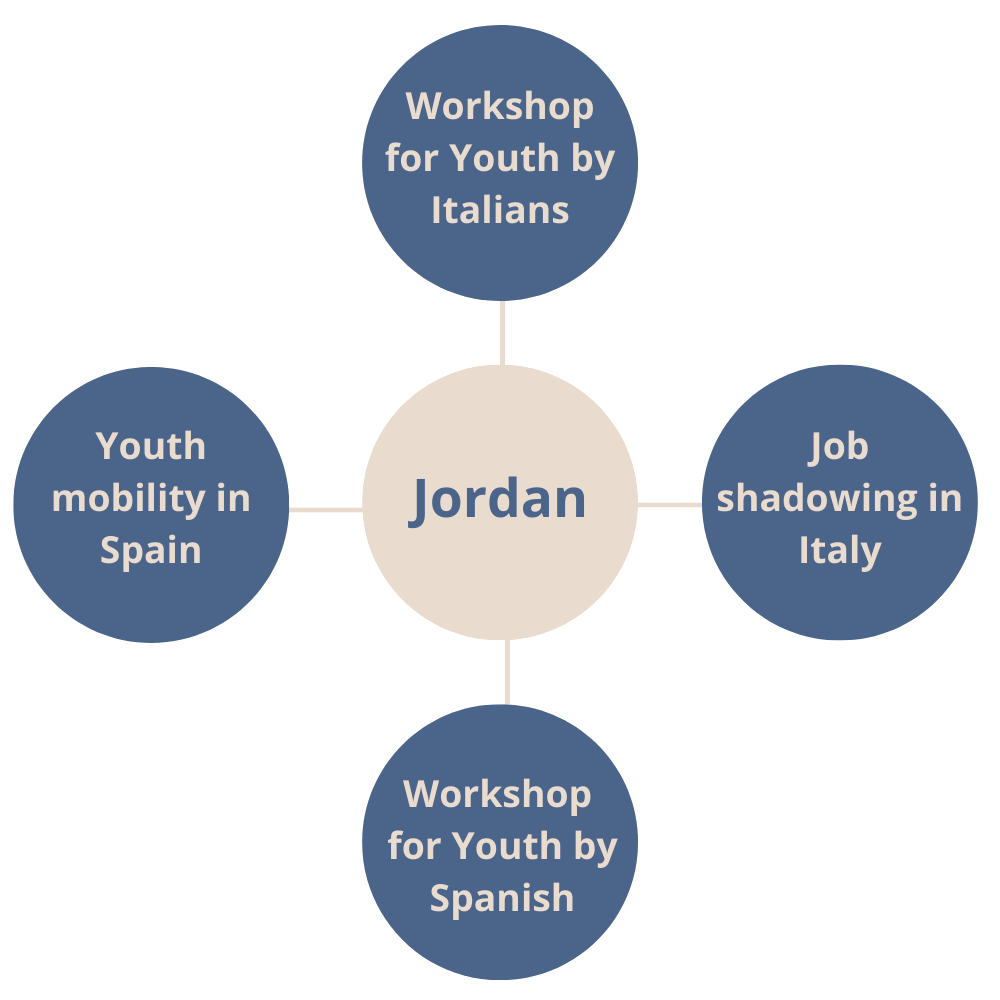
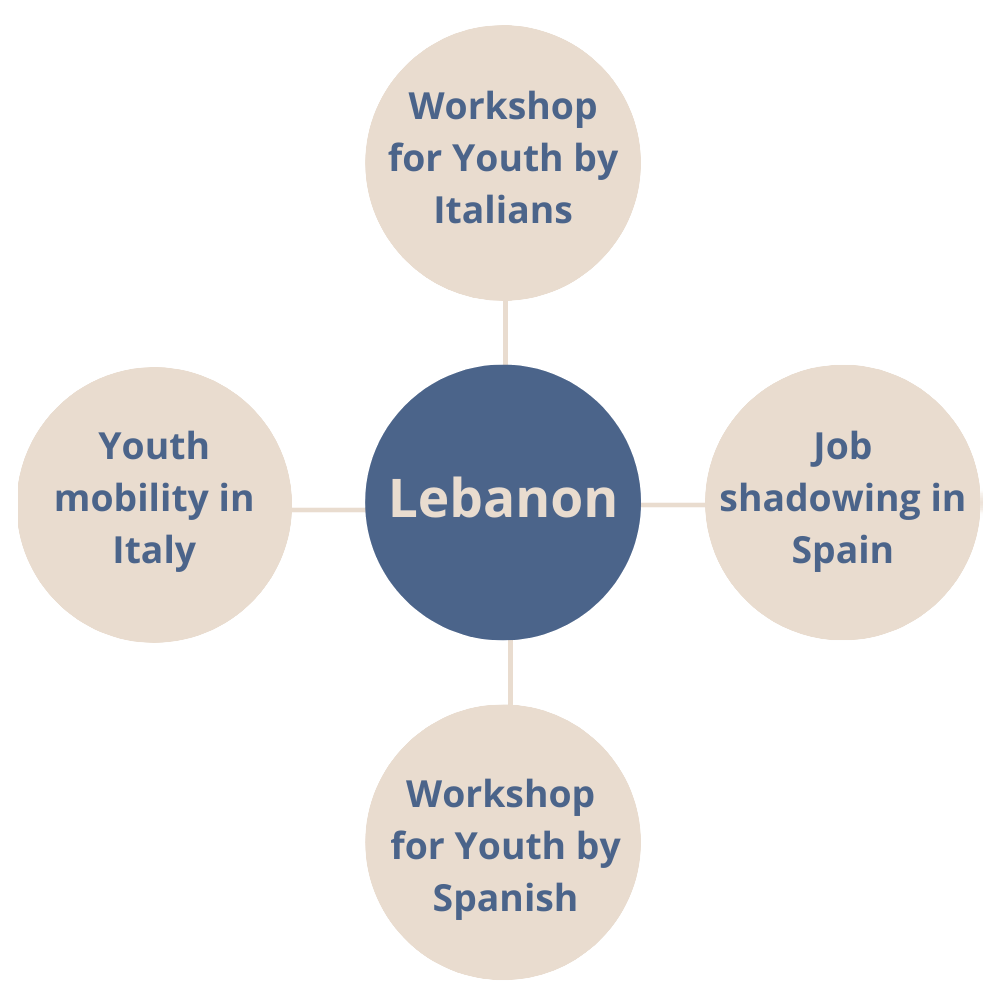
Methodology
Feet, Heart, Head, Hands is the pedagogical and didactic method experimented by Jesuit Father Fabrizio Valletti during his twenty years of experience in difficult environmental contexts such as Scampia, a peripheral district of Naples, a frontier territory, a former drug-dealing centre of the city, known exclusively for the numerous negative facts of the crime news. This methodology is used by EITD through a person-centred training approach. “Feet, Heart, Head, Hands” methodology accompanies the learning process through all the integrated phases:
Feet: discovering yourself by escaping from the static conception of the self
Head: learning how to think well
Heart: learning how to feel the self and the others
Hand: becoming artisan and creators
On the other hand, the pedagogic approach “Head, Heart, Hand” (used by Scholas) finds the expression in three languages that permeate Scholas’ activities: play, art, and thought. These languages intend to express reality and to cultivate soft skills whose importance is often neglected.
– Supporting growth based on creativity and teamwork, play and sport
– Educating through art
– Reaching youngsters by speaking their language
Activities:
– Job shadowing
-Training courses on a local level, using existing methodology
-Youth mobilities (workshops implying national practices to compare with other foreign local communities)
Beneficiaries:
-12 Arab youth workers, 2 from each partner organization done job shadowing in Europe, and 2 from each partner organization done job shadowing in their home country
-115 European youngsters (30 Italians + 85 Spanish)
-145 Arab youngsters (65 Jordanian + 80 Lebanese)
Expected impact:
-Contributing to the “Engage” priorities of the EU Youth Strategy 19-27
-Building on outcomes of the European Youth Goals
-Improving the involvement of young people in democratic life
-Improving the innovative capacities of young people in Partner countries
-Improving the capacity of the youth sector to work transnationally with care of inclusiveness, solidarity and sustainability
-Upscaling existing practices (Italian and Spanish) and outreach beyond Europe
-Demonstrating inclusion and accessibility of target groups with fewer opportunities
-Transferring new tools and non-formal learning methods, promoting the acquisition/improvement of competences
-Youth apply sustainable practices for achieving SDGs
-Improved global competences: they became citizens of a democracy in their own country
Objectives
Project facts
- Grant Agreement number: 101051975
- Project title: Transferring (Feet) Head Heart Hands Youth Methodology to (Middle) East
- Project acronym: THYME
- Project budget: € 369.556,39
- Requested EC grant amount: € 295.645,11
- Starting date: 01 April 2022
- Duration: 24 months
Work packages
WP1: Project management and coordination
T1.1 Day-by-day management
T1.2 PMB meetings
T1.3 Financial and technical reporting
WP2: Job shadowing
T2.1 Jordanian youth workers job shadowing in Italy
T2.2 Lebanese youth workers job shadowing in Spain
WP3: THYME’s methodology appliance in Arab area
T3.1 Italian workshop for youth in Jordan
T3.2 Spanish workshop for youth in Jordan
T3.3 Italian workshop for youth in Lebanon
T3.4 Spanish workshop for youth in Lebanon
WP4: Youth mobility in Europe
T4.1 Lebanese youth mobility in Italy
T4.2 Jordanian youth mobility in Spain
WP5: Quality assurance and monitoring
T5.1 Definition of quality procedures and methods
T5.2 Monitoring of project activity
T5.3 Monitoring for project workshops
WP6: Dissemination and Exploitation
T6.1 Dissemination plan
T6.2 Project’s website, its maintenance and dissemination materials
T6.3 Organization of info days and final event
Partners
Contact Us
Let’s get in touch!

